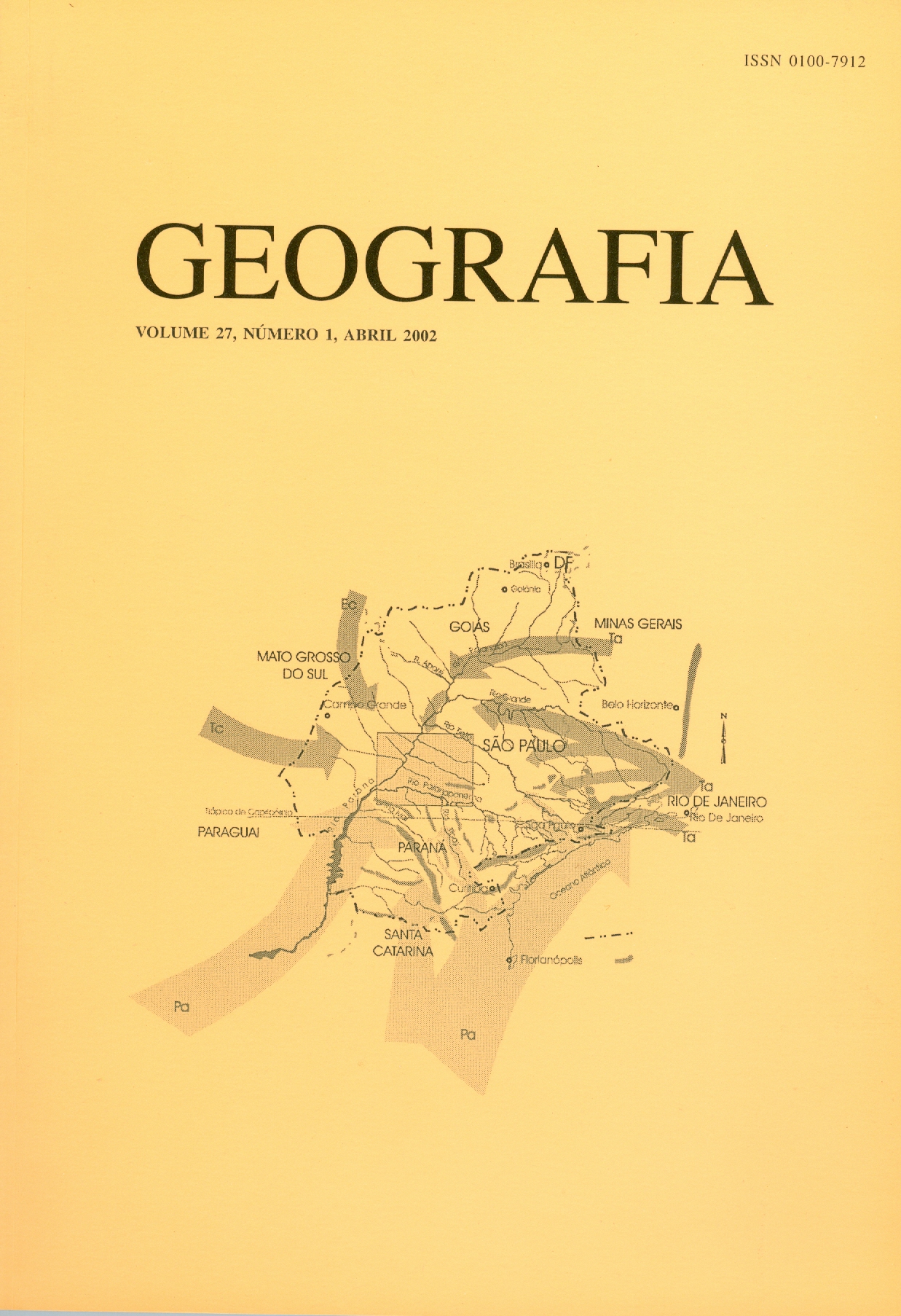Remote Sensing and Geoprocessing for land use land cover regional mapping
Abstract
The objective of this work is to present a methodological approach for land use land cover regional mapping, using Remote Sensing and Geoprocessing techniques. The study area, comprised between the geographic coordinates 01o 45' and 08o 20' South Latitude and 44o 00' and 54o 00’ West Longitude, is covered by 17 Thematic Mapper (TM) images of Landsat satellite. This methodology consists on the generation of synthetic images (vegetation, soil, and shade), through the linear spectral mixing model using the TM bands 3, 4, and 5, to enhance the contrast among targets of interest and to minimize computer processing time during the classification task. This task was performed using the image segmentation algorithm, followed by the non-supervised region classification and mapping the pre-defined classes of interest (thematic legend). The mapping result is finally edited by the photo-interpreters with the purpose of correcting any classification errors, based on their experience and using available ancillary information (aerial photographs, maps, etc.). The proposed approach is feasible for large areas using TM or other high-resolution data, producing very reliable map, and permitting to update it at any time and to integrate it with other information included in the data base. Key words: Remote Sensing, Geoprocessing, Synthetic images, Land cover, Land use.Downloads
Published
Issue
Section
License
The authors maintain the copyright and grant GEOGRAFIA the right of first publication, with the articles simultaneously licensed under the Creative Commons BY 4.0 License, which allows sharing and adapting the articles for any purpose, as long as appropriate credits and provisions of image rights, privacy or moral rights. Other legal attributions can be accessed at: https://creativecommons.org/licenses/by/4.0/legalcode.en.
Geography, Rio Claro, SP, Brazil - eISSN 1983-8700 is licensed under the Creative Commons BY 4.0 License.





